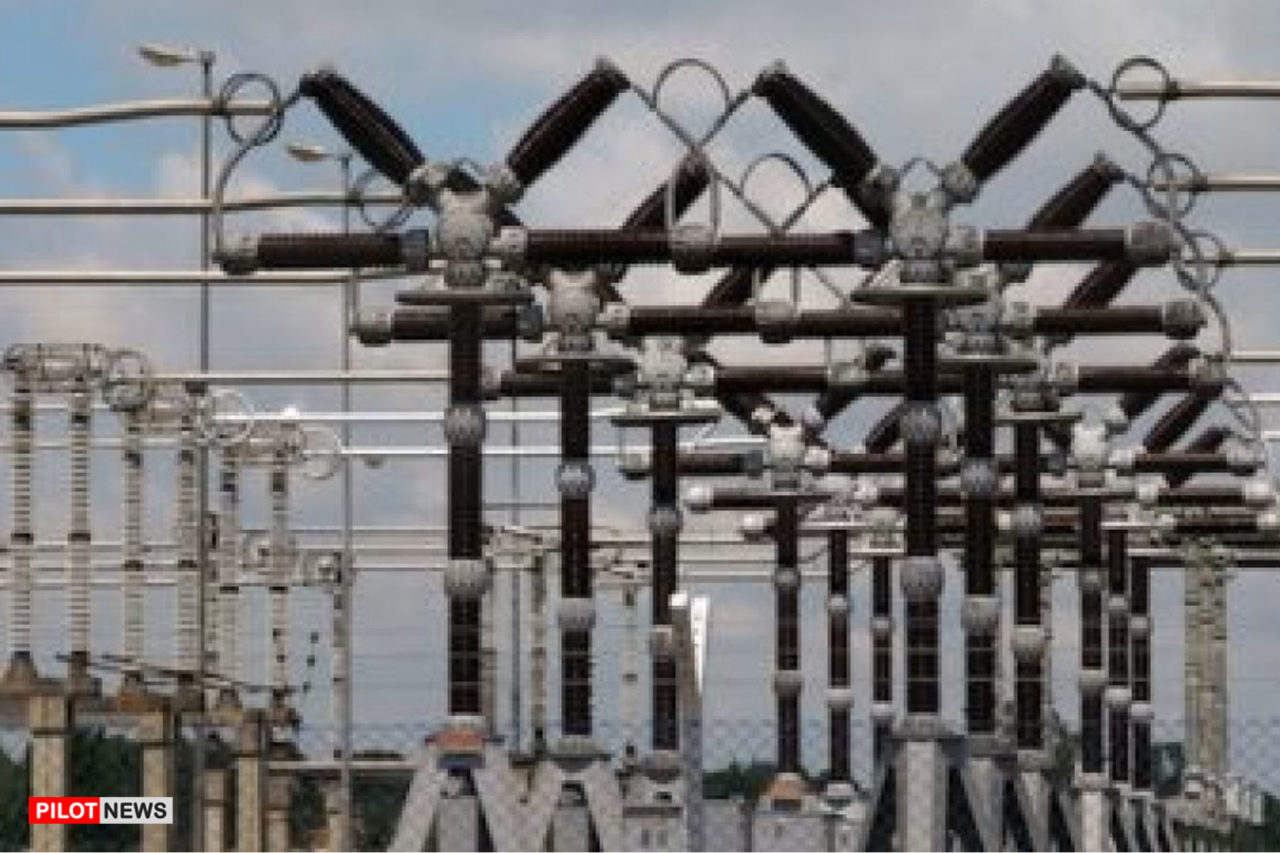Joy Ogaji, managing director of the Association of Power Generation Companies (APGC) has expressed concern over the financial sustainability of Nigeria’s electricity generation sector.
In a press statement on Monday, Ogaji lamented over mounting debts, inadequate subsidy provisions, tariff shortfalls, and looming risks to the long-term viability of GenCos (generation companies).
According to her, the sector is saddled with arrears approaching ₦4trillion—₦2trillion from 2024, ₦1.9trillion in legacy debts, and ₦1.2trillion accruing in the first half of 2025 alone.
The APGC boss said that at the moment there’s no effective solutions—neither cash payments, financial instruments, nor debt swaps—have emerged to alleviate the crisis.
The managing director stressed that, contrary to current media reports, there’s no clear Federal Government of policy on electricity subsidies. Instead, what is termed “subsidy” amounts to persistent debt accumulation within the sector.
The APGC boss noted that GenCos currently shoulder all major risks in the value chain including unpaid energy and capacity charges, unused generation capacity, grid instability, regulatory and tax burdens, and investor pessimism.
She maintained that GenCos’ monthly generation invoices average about ₦250billion while the 2025 Federal Government’s budget allocated only ₦900billion to the sector—a figure that remains fully unfunded as of July 21, 2025.
According to her, current tariff orders by the Ekiti Electricity Regulatory Commission (EERC) account for just ₦45 out of an average generation cost of ₦112/kWh—leaving a 60% gap presumed to be covered by federal government “subsidy,” which lacks cash backing.
She lamented legacy failures since privatisation, recalling that GenCos were originally promised sufficient and guaranteed gas supply, regulatory clarity and grid access, and guaranteed payments (including Capacity Charges) by the market offtaker (NBET).
But “yet, in practice, GenCos have never received 100% payment for any generation period, have seen chronic gas supply insecurity, and haven’t been protected from grid inefficiencies or currency volatility, with over 90% of operational costs denominated in dollars” she said.
Ogaji stated that despite substantial investment in new capacity post-privatisation, over half the nation’s installed generating capacity remains unutilized, primarily due to persistent bottlenecks at the transmission and distribution levels.
She also noted that agreements to fully guarantee payment to GenCos by DisCos and NBET haven’t materialized, exposing GenCos to enormous financial risk.
“Electricity’s crucial role in GDP growth was reinforced, with research indicating every 1% increase in electricity supply could push GDP by nearly 4%. Unless Nigeria reforms market design to ensure full and timely payment for generated power, and tackles the sector’s structural financial imbalances, both economic growth and foreign investor confidence will be imperiled.” Ogaji
She called for urgent reforms at the presidency level to ensure a sustainable, cash-backed payment mechanism for GenCos, honest recognition of sector liabilities—beyond notional subsidies, clarification and reduction of government interference to make the sector attractive for investment, and policy frameworks that encourage self-sufficiency by state regulators like EERC, and bankable demand definitions across NESI (Nigerian Electricity Supply Industry.
- Kogi: Ododo Orders Demolition Of Criminal Hideout In Okene - January 16, 2026
- PDP Seeks Improved Welfare Packages For The Armed Forces - January 16, 2026
- Atiku Seeks Unconditional Release Of Abubakar Musa, Others - January 13, 2026

